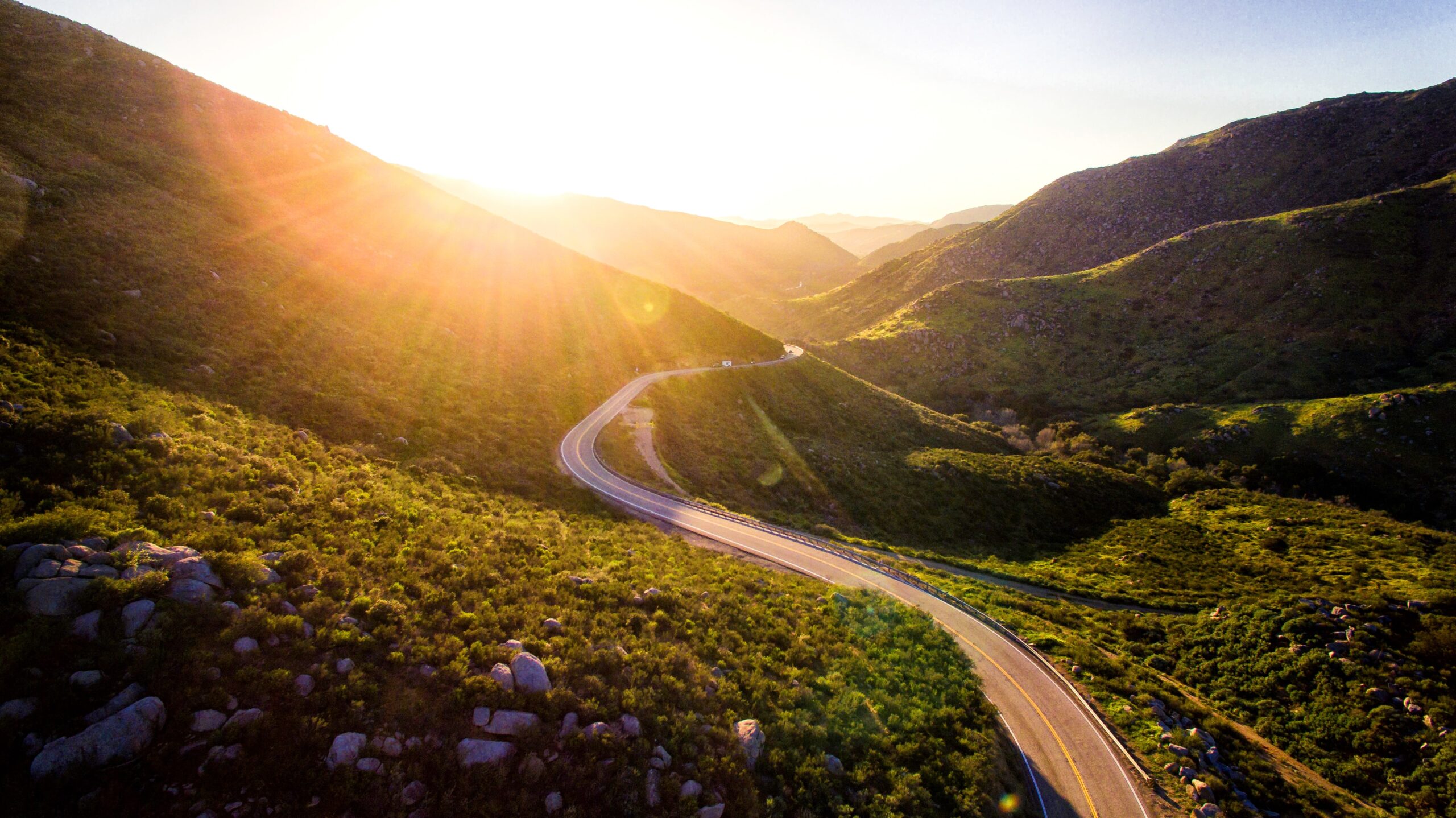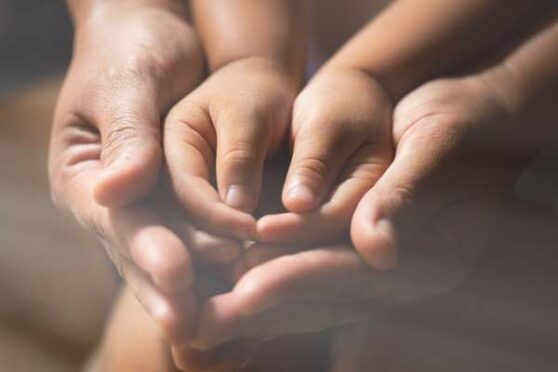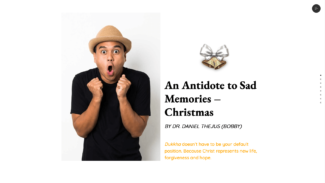
Finding Hope Amid Chaos and Christmas

According to developmental psychologist Erik Erikson, the first stage of human psycho-social development is to learn to trust. A new-born baby is overwhelmed by fear and need. Over their first two years of life, whether or not they progress adequately in a mentally healthy way, depends in large part on the degree to which they can trust their parents to give them what they need – love, protection, provision, safety and security. According to Erikson, with this capacity of trust comes the possibility of something else…hope. Only after a child finds their carers to be trustworthy, do they become capable – in any situation of difficulty – to hope for something better. After a year of turbulence, this reflects a vital insight for us as we approach another Christmas. Hope and trust belong together. Each is lost without the other.
We are all hoping for a better 2021. We look forward to the abatement of the pandemic. We await the stabilisation of our jobs or job prospects. We wait to see our loved ones again. We anticipate these things hopefully. However, there is more to hope than what we hope for. There is also the question of what we put our hope in. Hoping for something without anything to trust in, is futile. For the objects of our hope to be realised this Christmas and beyond, we all require the subject of our trust to be worthy of that hope.
It has been a difficult year. There is no need to pretend otherwise. Many of us are downtrodden, anxious or just scared. These are all reasonable responses. However the one response that is not reasonable, logical or warranted, is for us to be hopeless.
Before the very first Christmas, a man named Zechariah proclaimed a powerful declaration of hope. He anticipated that someone was coming into the world to bring people “salvation through the forgiveness of sins because of the tender mercy of our God by which the rising sun will come to us from heaven to shine on those living in darkness.” Just weeks later, Jesus Christ was born. God himself entered the world as a person. With that, humankind was provided with sure evidence of the trustworthiness and hope-worthiness of God. The Hope that Zechariah demonstrated that day has been fulfilled. Not by anything that He did, but by what God did that first Christmas.
This is not a God who leaves us in the storm. He either calms the storm or he calms us amidst the storm. Either way, his engagement with us is made real through up close and personal relationship. This is a God who didn’t forget about us in our suffering. Rather, he stepped down into our suffering as a person and experienced it for himself. He suffered for us and now – if we are willing to put ourselves in His care – he is willing to suffer with us. As the Bible tells us, through Jesus and with Jesus, we are more than conquerors.
It has been a difficult year. There is no need to pretend otherwise. Many of us are downtrodden, anxious or just scared. These are all reasonable responses. However the one response that is not reasonable, logical or warranted, is for us to be hopeless. You are invited into a relationship with your Creator this Christmas. Nothing could be a greater source of hope.

The world tells us to hope in ourselves and to follow our feelings. Feelings above truth. Feelings above reality. Self above sacrifice. Self above others. These sentiments turn us inward. We are limited by the impossibility of circumstances or the tragedy of loss. In looking down and inward, things seem hopeless. Through this inward-facing posture, this year many of us have been let down by the subjects of our hope. The things we put our hopes in have proven themselves far from infallible giants and more like pale faced idols. Our merry march of self-fulfilling kingdom building has imploded. The onset of Covid 19 has seen stability replaced with panic, and predictability replaced with anxiety.
In her Pulitzer Prize-winning novel, ‘Gilead’, Marilynne Robinson famously wrote of the two realities of creation we cannot escape: the world’s insufficiency to us and our insufficiency to the world. No matter how well we do and how much we achieve, there is something about us and our world that is not quite right. At a time of viral uncertainty, this truth is even more obvious: we don’t just need more effort, more achievement, or more conquest. We need rescue.
No matter how well we do and how much we achieve, there is something about us and our world that is not quite right. At a time of viral uncertainty, this truth is even more obvious: we don’t just need more effort, more achievement, or more conquest. We need rescue.

We have looked for the answers within ourselves, and all we find are more questions. Ascending to the heights of human achievement has not worked. Perhaps it’s time to look to the one who descended to the world 2000 years ago on that Christmas night.

We have looked for the answers within ourselves, and all we find are more questions. Ascending to the heights of human achievement has not worked. Perhaps it’s time to look to the one who descended to the world 2000 years ago on that Christmas night. On the first Christmas, Jesus Christ began the greatest rescue mission in human history – to tear down the barrier that separates us from God. That night, God showed us that relationship is more important than feelings, thattruth is more important than short-term desire.; and that love is more important than achievement. Above all, God showed us that in Jesus, He is worthy of our Hope.

